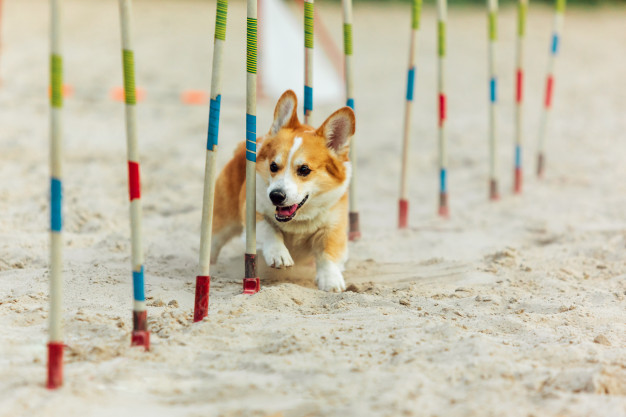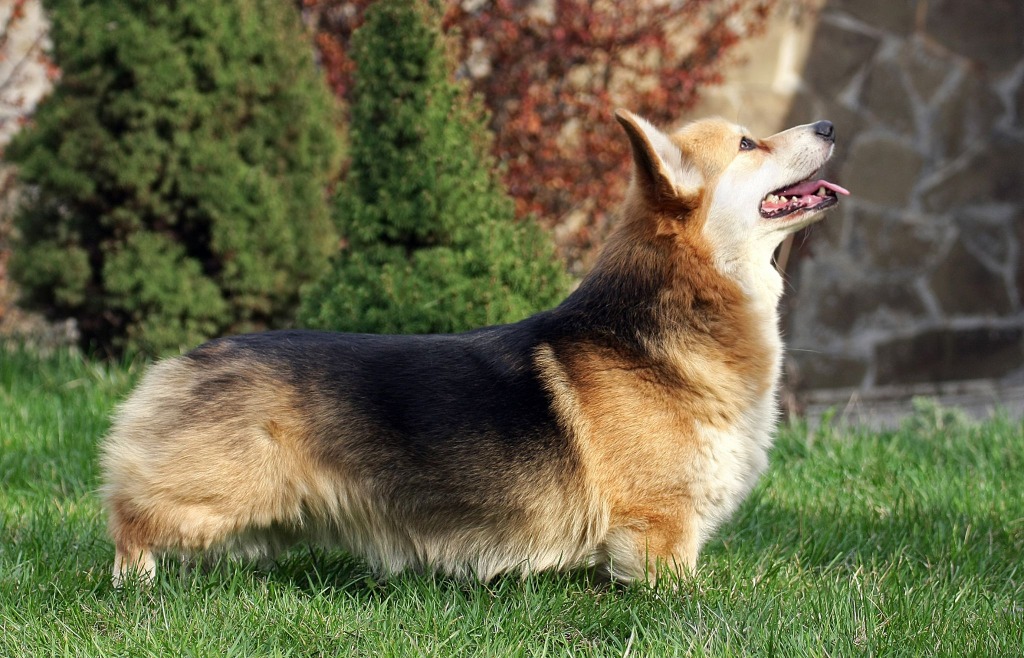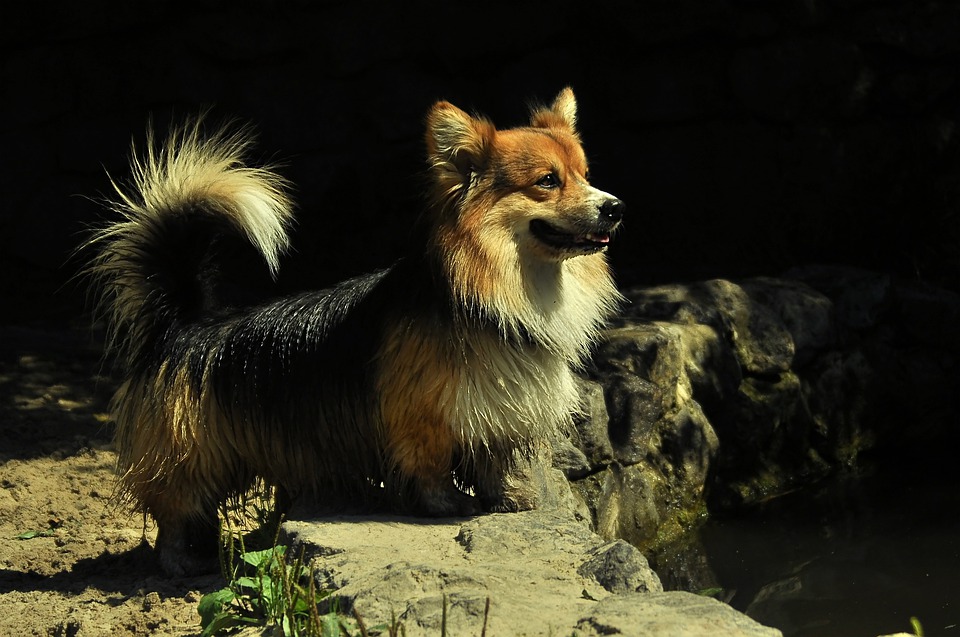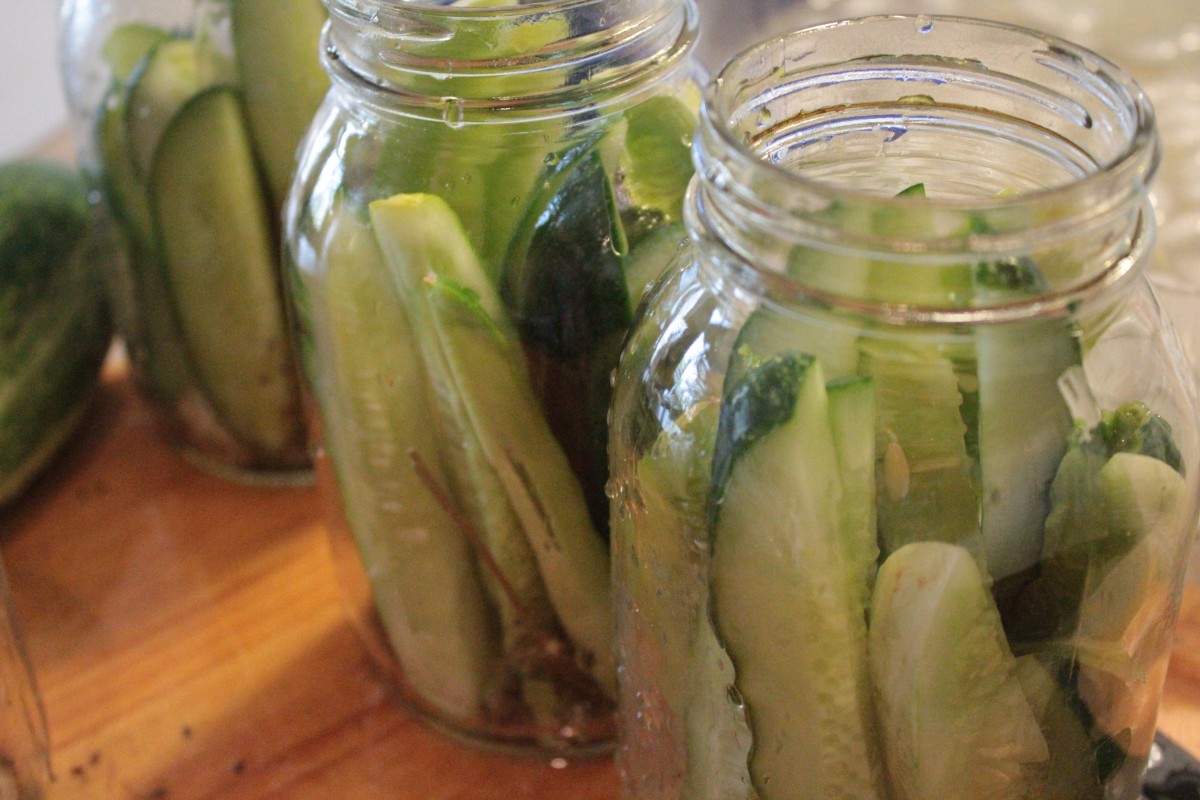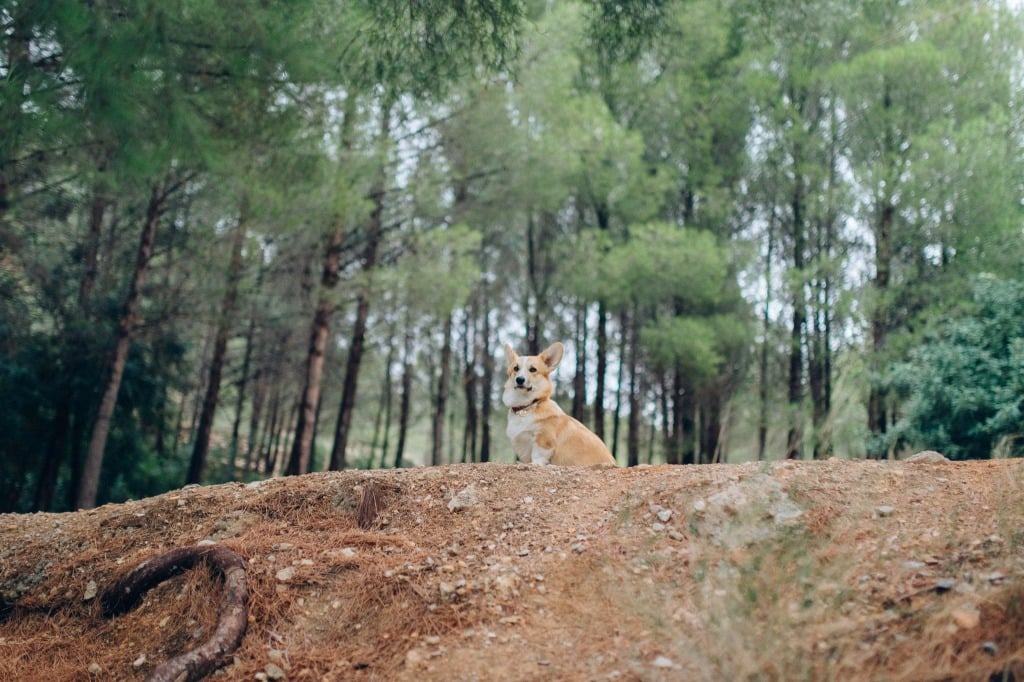Good Feeding Habits to Keep Your Corgi Fit
Corgis are considered affectionate and playful dogs. They are well known for their high energy levels and are thus also taken as working dogs for their good intellect and smartness.
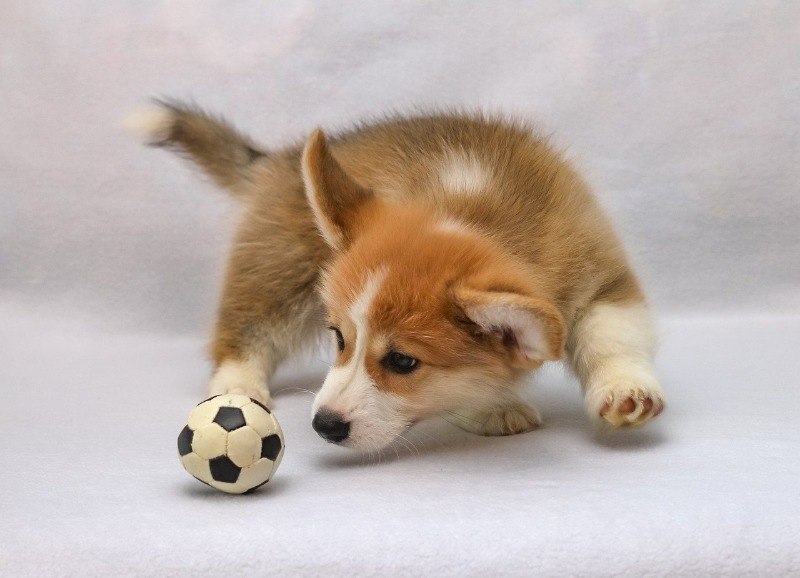
These creatures are usually born with four different colored species.
Corgis are one of the most common house pets seen all over the world. However, taking care of them is a bit of a challenging thing to do. Keeping a check on the meals for your dog is really very essential. A dog should stay healthy and fit throughout its lifetime. Taking care of pet’s meals include
- Searching for the right quality of food
- Researching the right amount of food which is to be fed
- Designing a timetable
And much more. Doing all this gets very hectic and confusing. So it’s better to have a clear picture of every essential thing in mind before starting to dig in. In this article, we will be telling you a few ways by which you will be able to keep your puppy healthy and fit.
Corgi’s Appetite
Since corgis are often hungry, we must keep track of what they eat and how much they eat. They need a nutrient-rich diet for healthy muscle development, which means their food should be high in Vitamin A, Vitamin C, beta carotene, calcium, phosphorus, and magnesium. If you are not careful with your Corgi pet, there are chances that he might become underweight or overweight, which can be fatal. So if you don’t want to face such fatal situations, consider the following helpful tips.
1. Keeping a Check on the Mealtime
How many times should I feed my Corgi?
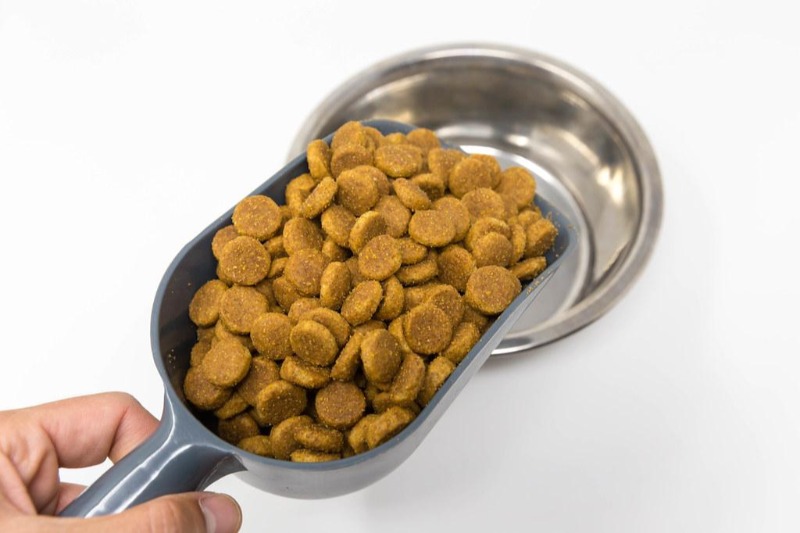
A Corgi puppy should be fed 3-4 times a day, but he should be given smaller meals at equal time intervals so that he gets enough time to digest his meal. Along with meals drinking enough water is also essential, as it will keep him hydrated.
One can easily split the meals times in the following manner:
- Feed your pet with breakfast as soon as you get up in the morning.
- If you are an office going or school going person, leave a small amount of dry food for the daytime.
- Feed him with the third meal as soon as you get back home.
2. Feeding the right amount of food
How much should I feed my Corgi?
Given below is a straightforward way in which you can take care of the amount of food you are feeding to your little one:
- An 8 to 10 weeks old puppy should be given around ½ to ¾ cup of feed in the morning, which should be adequately mixed with warm water, and you can also add one tablespoon of meat-type dog food. (To keep your puppy's gut health calm, add a tablespoon of yoghurt to his meal.)
- Then, in the daytime, give them a small amount of dry food. You can discontinue this meal when your dog is 12 weeks old.
- The same morning feed can be repeated in the late afternoon and at night, excluding the yoghurt. The night meal can be discontinued after 9 to 10 weeks.
3. Keeping a check on the eating schedule
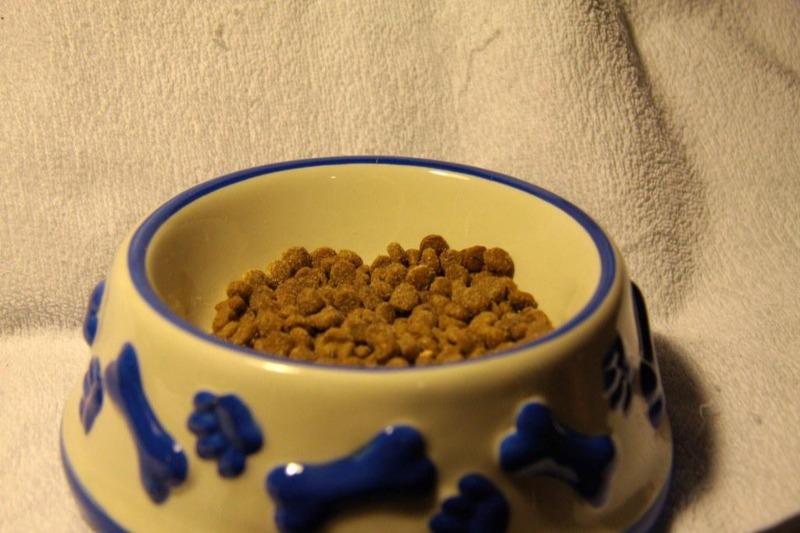
A significant problem with Corgis is that they gain weight quickly if they do not follow their proper eating schedule. In case your puppy is gaining weight, you should change the amount of feed immediately. Discontinue one of the feedings, and when he becomes six months old, give him only two meals as you need to be cautious of his nutrition.
4. Keep the sweets away
As soon as the Corgis hears "biscuits and cookies", they come running, and that is when they need to have control over themselves. So offer them cookies in the form of rewards, but don't let them make it a habit.
5. Change in eating habits
As Corgis grow older, they start to develop a change in eating habits and taste. For example, your pet might stop eating food, or he might like the other meals more than his favorite ones because of the change in food taste. In this case, make sure you take your pet to a vet and check if your dog is suffering from any type of disease. The vet will give a few medicines to make the corgi feel better.
6. Healthy Diet
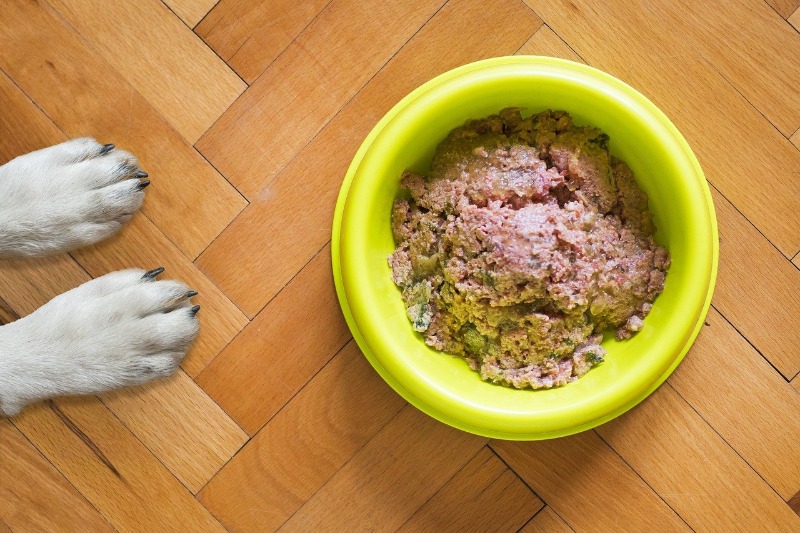
Sometimes the dog foods that are available in the market do not consist enough nutritional value. To meet the nutrition needs, you can add green beans in meals and carrots as tidbits. This will provide them with low-calorie feed and help them lose some weight, and provide them with essential nutrients.
7. Change the feeding pattern while observing the activity ratio
If your corgi is very playful and energetic, try to feed him with a proper diet. But if you notice your Corgi being lazy and sleepy the whole day, feed him with less food so that he could easily digest it.
8. Care during
During summers, Corgis should be fed with food that does not cause overheating to their body, and they should be given enough water to keep themselves hydrated.
9. Feed according to their weight
Studies show that male Corgis weigh about 27 to 30 pounds and females weigh around 25 to 28 pounds. Therefore, they should be fed as per their body weight to prevent their chances of becoming overweight. Observe your dog and check whether he has a visible waist or not. In case if his waist is not visible, lessen the amount or number of feeds you provide.
Again, if your dog's ribcage is visible, it points towards your dog is underweight. In this case, you have to increase the amount of food you are giving him. But don't force him to eat more all of a sudden. Instead, slowly increase the amount of food your dog eats. And at the same time, keep track of his weight until he reaches healthy levels.
10. Feed good quality food only
Another essential point to be considered is the type of food you are giving them. If you are feeding them basic commercial food, you have to feed them more to provide them with enough nutrients. But, on the other hand, if you provide them with a meal with nutrient-rich food, you can decrease the amount because it has too many calories.
11. Go for Regular Meal Consultation
Frequent interaction with the vet is essential to know the correct amount of feed for your growing Corgi.
Getting a dog is close to having a child, and it necessitates the same level of commitment and care. The tips mentioned above will help your Corgi to maintain a fit boy and a healthy life. Don't forget to consult a Vet before making any adjustments to your dog's lifestyle because you don't want to jeopardize your little one's wellbeing.




